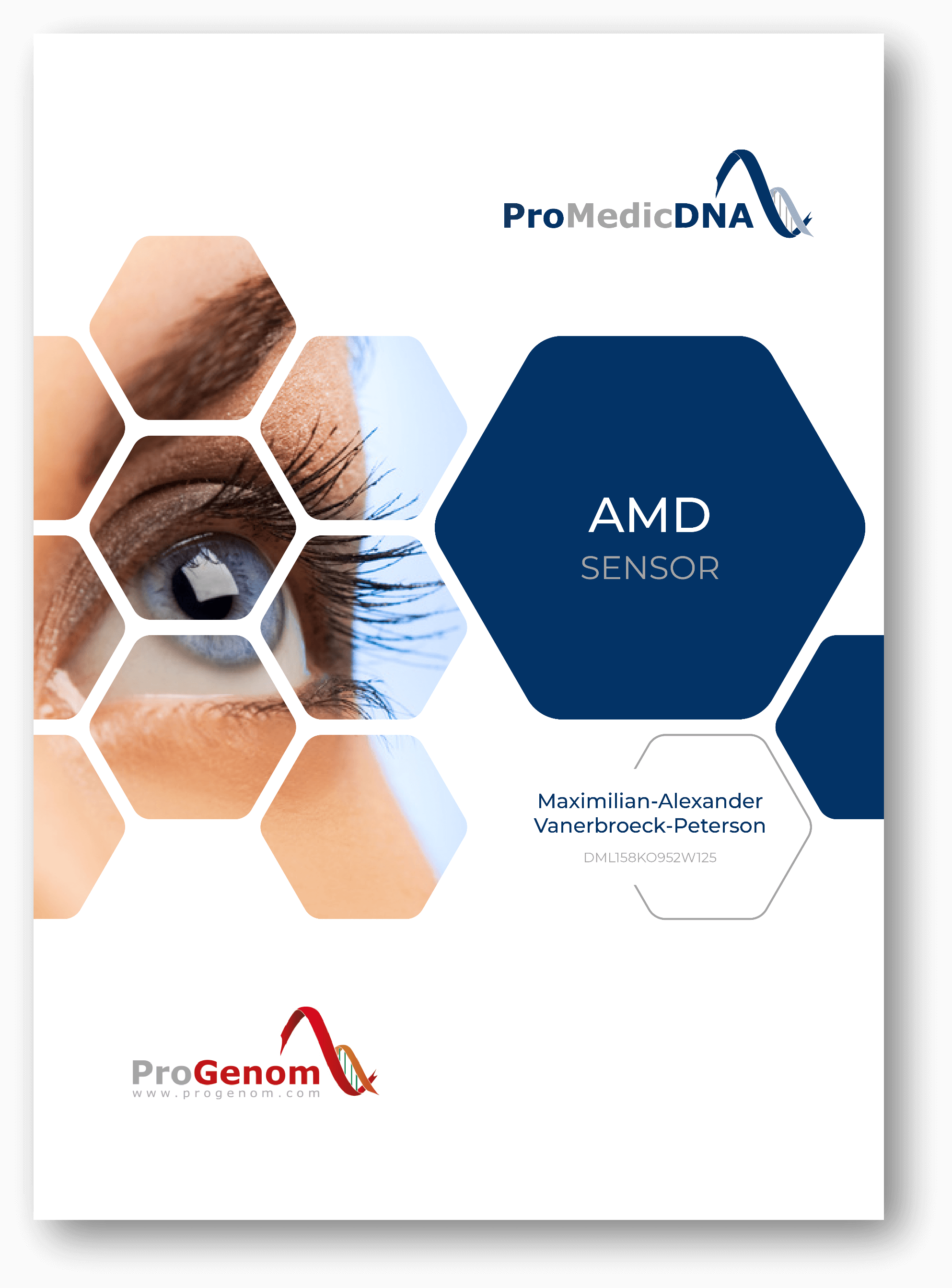Diabetes Mellitus – The Rise of the Sugar Disease
Diabetes mellitus, with its three forms Type 1, Type 2, and gestational diabetes, has developed into a widespread disease in recent decades. Nationwide in Germany, around seven million people suffer from the metabolic disorder, with approximately 95% affected by Type 2 diabetes.
For those affected, the regulation of blood sugar levels is impaired, resulting in consistently elevated levels. Common symptoms include excessive thirst, frequent urination, dry skin with itching, fatigue, and weakness. Left untreated, the disease damages blood vessels and various organs, such as the retina (diabetic retinopathy), kidneys (diabetic nephropathy), or the entire cardiovascular system.
Diabetes can be managed with a combination of dietary changes, regular physical activity, blood sugar-lowering tablets, and insulin therapy with constant blood sugar monitoring.
Genetic Predisposition for Type 2 Diabetes
Everyone has a different risk of developing Type 2 diabetes. While factors like poor diet and being overweight play a role, it is primarily our genetic predisposition that determines whether we develop Type 2 diabetes later in life.
A genetic analysis examining the relevant genes can accurately assess the individual risk in each case.
How Does Our Diabetes Sensor Work?
With our Diabetes Sensor, our laboratory examines the submitted saliva sample for 9 researched gene variants that may contribute to the development of Type 2 diabetes. We also evaluate the compatibility and effectiveness of 36 relevant medications based on the genetic profile.
This genetic test allows us to determine how likely it is for Type 2 diabetes to develop and whether preventive measures are necessary.
We evaluate the analysis results in a comprehensive report that provides specific dietary recommendations to help prevent the onset of diabetes.
In this context, our Diabetes Sensor can significantly contribute to preventive healthcare and help patients reduce their increased risk of diabetes with a tailored lifestyle.
Diabetes Sensor Overview
- Analysis of 9 gene variants associated with diabetes
- Assessment of personal diabetes risk
- Effectiveness testing of 36 common medications
- Reliable & ISO-certified testing in our laboratory
- Comprehensive evaluation of test results
- Individual recommendations for diabetes prevention



























